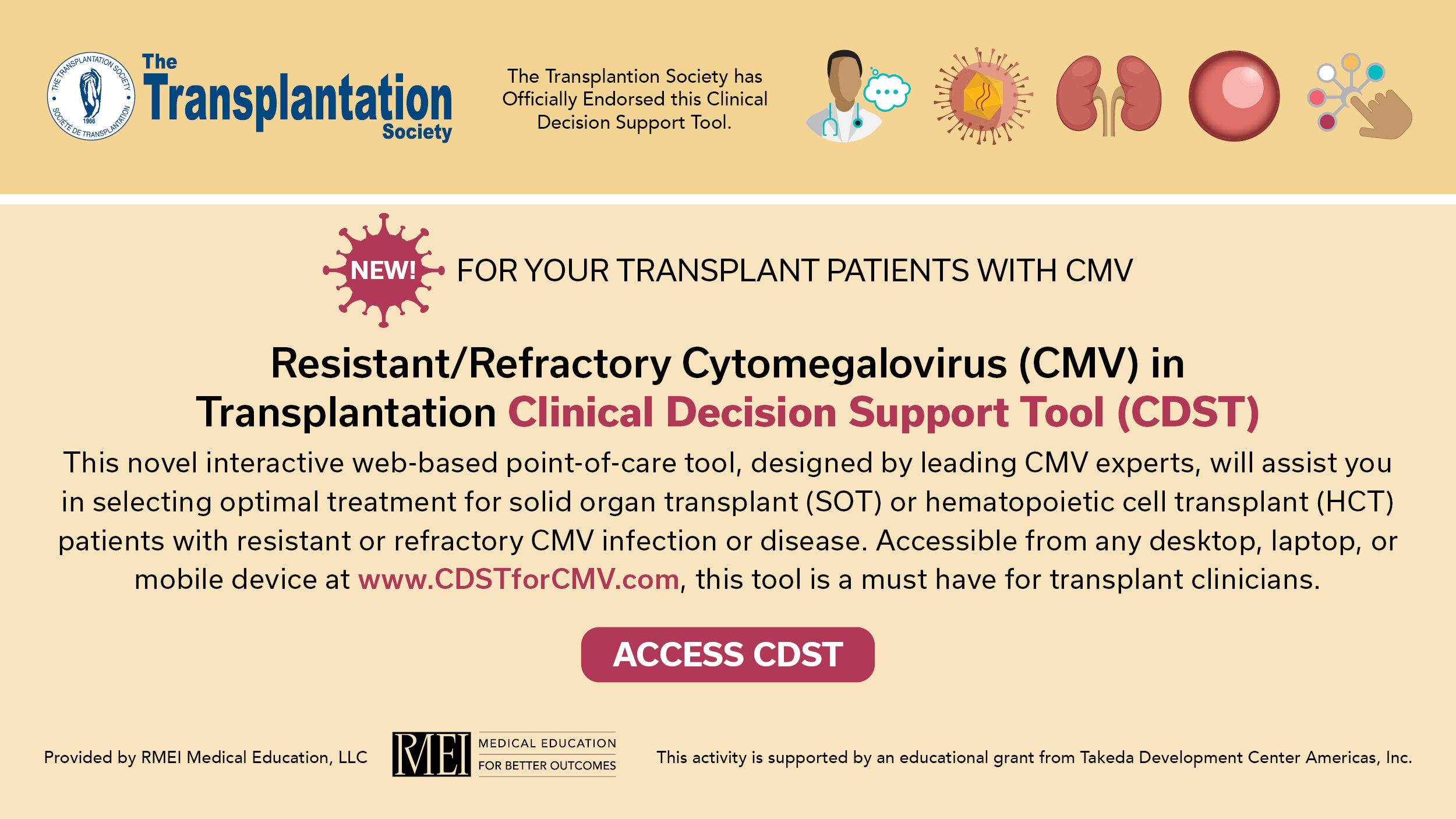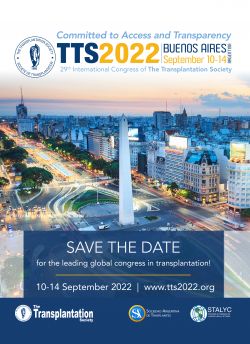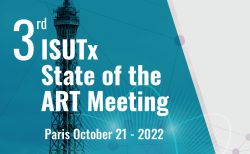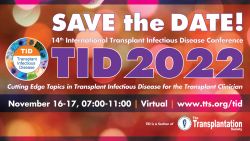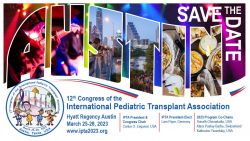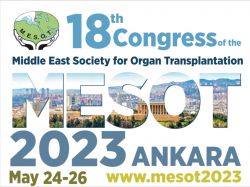
Hot Off the Press - BASIC SCIENCE AND IMMUNOLOGY
Transplantation Updates

Transplantation - Week's Most Downloaded Paper
Establishment of Solid Organ Transplantation in the United Arab Emirates #TBT bit.ly/3NisUH7
One of the key unmet areas of medical need in the [United Arab Emirates] was the availability of solid organ transplantation. Collaborative efforts began a few years ago aiming to establish thoracic and abdominal solid organ transplantation from deceased donors in addition to continued development of the existing program in kidney transplantation from living donors. This report summarizes the culmination of those efforts, representing close collaboration between various entities and stakeholders working toward the common goal of enabling citizens and residents of the UAE access to transplant services of the highest quality.Transplantation Direct - Week's Most Downloaded Paper
Magnetic Resonance Elastography-derived Stiffness Predicts Renal Function Loss and Is Associated With Microvascular Inflammation in Kidney Transplant Recipients #magneticresonance #OpenAccess #TransplantTwitter bit.ly/3u5923t
Organ stiffening can be caused by inflammation and fibrosis, processes that are common causes of transplant kidney dysfunction. Magnetic resonance elastography (MRE) is a contrast-free, noninvasive imaging modality that measures kidney stiffness. The objective of this study was to assess the ability of MRE to serve as a prognostic factor for renal outcomes.TTS Needs Assessment Survey
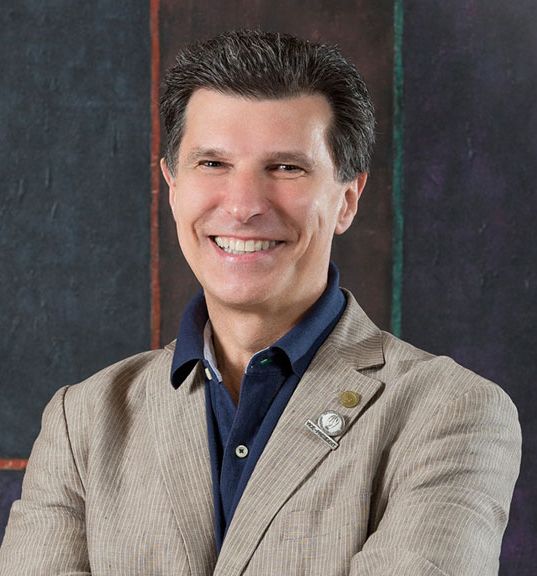
TTS President
The slogan we adopted for the TTS 2022 Congress is "Committed to Access and Transparency" and as a lead-up to the Congress we have launched a new needs assessment survey which will aid TTS in developing new programs, educational material and strategies to better improve access and transparency in the field of transplantation. As a non-governmental organization in official relations with the World Health Organization (WHO) the information collected will feed into the work TTS is doing as part of our WHO collaboration.
Your support, by completing this survey, will contribute to the success of this initiative. Your answers will be kept confidential and anonymous.
Women in Transplantation Event
Hannover Medical School
Hannover, Germany
McGill University
Montreal, Canada
University of Sydney
Sydney, Australia
Patient advocate
Los Angeles, USA
Clinical Decision Support Tool for Resistant/Refractory CMV in Transplantation
Cytomegalovirus (CMV) is one of the most common viral infections in the post-transplant setting, including solid organ transplant (SOT) and hematopoietic cell transplant (HCT). CMV conveys a high risk of complications including graft loss, morbidity, and mortality. There are currently no FDA approved therapies for CMV after transplantation and those that are currently in use have serious side effects including kidney and bone marrow toxicity. Data from RMEI medical education programs, as well as information gleaned from CMV experts including TTS Education Committee Member, Camille Kotton MD, show that clinicians who treat CMV in transplant patients need guidance regarding which CMV therapies to choose and how to incorporate a new antiviral (maribavir) in clinical practice.
The Resistant/Refractory Cytomegalovirus Clinical Decision Support Tool (CDST) has been built using the algorithm of the Third International Consensus Guidelines on the Management of Cytomegalovirus in Solid-organ Transplantation by Camille Kotton, MD et al.
ISODP Journal Watch Newsletter
This edition of the Journal Watch focuses mainly on aspects of system development, from how to measure and compare performance metrics to what are the signs of work-related issues we should be monitoring in donor coordinators. There is an analysis of how even similarly structured systems in the UK and Australia can be very difficult to compare using currently collected data. There is also a report from an international round table exploring how donation after voluntary euthanasia (also known as medical assistance in dying) has been integrated into end-of-life care in a few countries and a description of DCD protocol variations in the area covered by an organ donation organization in the United States, and others.
Sonny Dhanani (Associate Director, CDTRP and Chair of the Canadian Donation Physician Network)
Matthew Weiss (Medical Director - Organ Donation at Transplant Québec and National Lead of the LEADDR Research Program, CDTRP)
Contact
Address
The Transplantation Society
International Headquarters
740 Notre-Dame Ouest
Suite 1245
Montréal, QC, H3C 3X6
Canada
Используйте Вавада казино для игры с бонусом — активируйте промокод и начните выигрывать уже сегодня!







